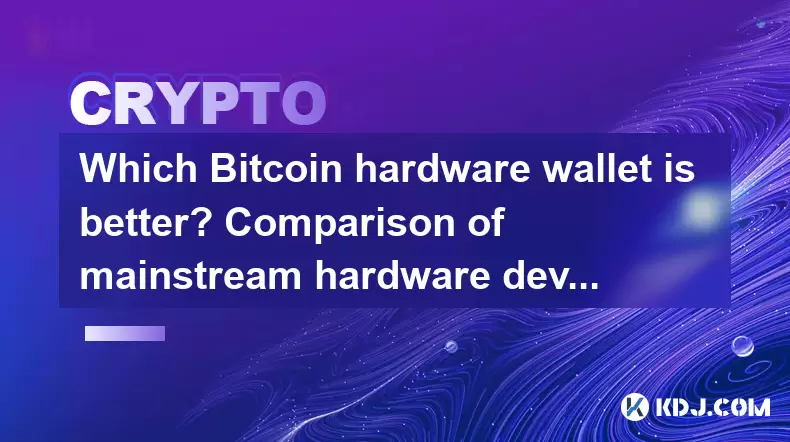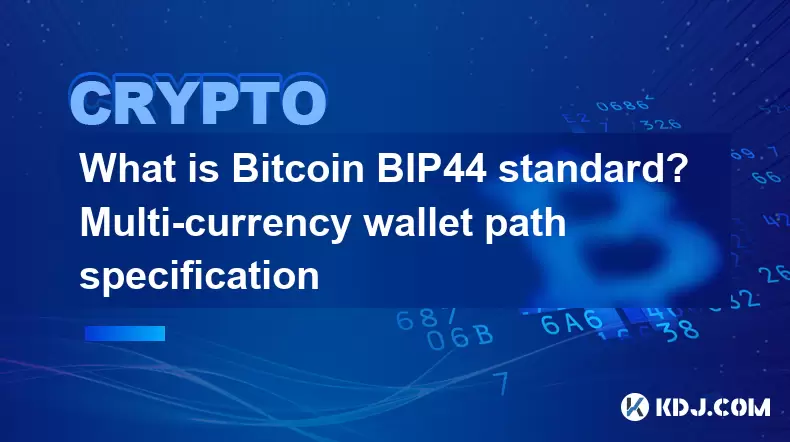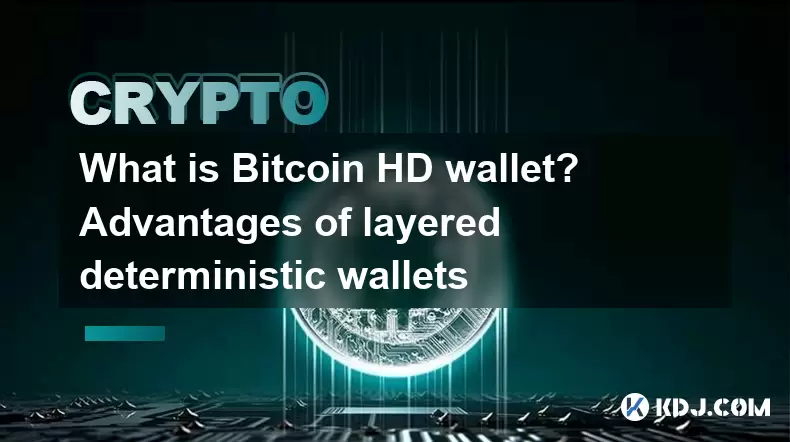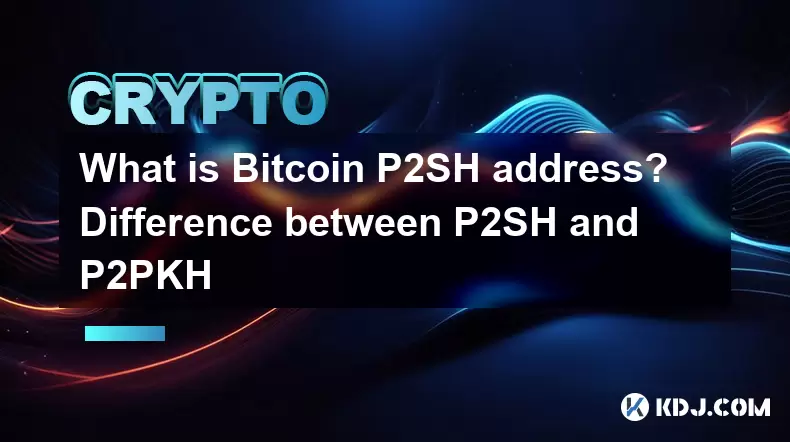-
 Bitcoin
Bitcoin $107,352.1067
0.28% -
 Ethereum
Ethereum $2,429.3531
-0.90% -
 Tether USDt
Tether USDt $1.0001
-0.02% -
 XRP
XRP $2.1894
4.62% -
 BNB
BNB $646.7968
0.36% -
 Solana
Solana $147.4290
4.03% -
 USDC
USDC $0.9998
-0.02% -
 TRON
TRON $0.2756
1.52% -
 Dogecoin
Dogecoin $0.1630
1.14% -
 Cardano
Cardano $0.5612
1.18% -
 Hyperliquid
Hyperliquid $37.0580
-0.05% -
 Bitcoin Cash
Bitcoin Cash $496.9410
-0.09% -
 Sui
Sui $2.7318
3.19% -
 Chainlink
Chainlink $13.1503
0.58% -
 UNUS SED LEO
UNUS SED LEO $9.0766
0.55% -
 Avalanche
Avalanche $17.7220
1.46% -
 Stellar
Stellar $0.2380
1.52% -
 Toncoin
Toncoin $2.8439
0.38% -
 Shiba Inu
Shiba Inu $0.0...01143
1.84% -
 Litecoin
Litecoin $85.8053
1.47% -
 Hedera
Hedera $0.1483
2.70% -
 Monero
Monero $314.3240
2.12% -
 Bitget Token
Bitget Token $4.6725
0.77% -
 Dai
Dai $1.0000
0.00% -
 Polkadot
Polkadot $3.3555
1.28% -
 Ethena USDe
Ethena USDe $1.0001
0.02% -
 Uniswap
Uniswap $7.0890
2.64% -
 Pi
Pi $0.5355
-3.40% -
 Pepe
Pepe $0.0...09393
1.06% -
 Aave
Aave $256.8136
-1.90%
How to exchange Bitcoin? Summary of legal currency exchange channels
To exchange Bitcoin for legal currency, use P2P platforms, cryptocurrency exchanges, Bitcoin ATMs, or OTC trading, prioritizing security and compliance with regulations.
May 13, 2025 at 06:21 am

Exchanging Bitcoin for legal currency is a common necessity for many cryptocurrency enthusiasts and investors. Understanding the various channels available for this process is crucial to ensure that you are making informed and secure transactions. In this article, we will explore the different legal methods to exchange Bitcoin into fiat currency, detailing the steps involved, the platforms you can use, and the considerations you should keep in mind.
Understanding Bitcoin Exchange
Bitcoin exchange refers to the process of converting Bitcoin into legal tender, such as USD, EUR, or other national currencies. This can be done through various platforms and methods, each with its own set of rules, fees, and security measures. It is important to choose a reliable and legal channel to avoid potential scams or legal issues.
Peer-to-Peer (P2P) Exchanges
Peer-to-Peer (P2P) exchanges are platforms that connect buyers and sellers directly, allowing them to negotiate and complete transactions without an intermediary. These platforms often provide escrow services to ensure the safety of the transaction.
- Choose a P2P Platform: Popular P2P platforms include LocalBitcoins, Paxful, and Bisq. Research and choose a platform that suits your needs.
- Create an Account: Sign up and complete the necessary verification processes, which may include identity verification for compliance with anti-money laundering (AML) regulations.
- List Your Bitcoin for Sale: Specify the amount of Bitcoin you wish to sell and the price you are willing to accept. You can also set preferred payment methods.
- Negotiate with Buyers: Once a buyer shows interest, you can negotiate the terms of the sale, including the price and payment method.
- Complete the Transaction: Once terms are agreed upon, the buyer will send payment to your specified account. Upon confirmation of payment, release the Bitcoin from escrow to the buyer.
Cryptocurrency Exchanges
Cryptocurrency exchanges are centralized platforms that facilitate the trading of cryptocurrencies for fiat currencies. These platforms often provide a more straightforward and automated process for exchanging Bitcoin.
- Select a Reputable Exchange: Choose a well-established exchange like Coinbase, Binance, or Kraken. Consider factors such as fees, security, and available payment methods.
- Register and Verify Your Account: Sign up for an account and complete the verification process, which typically involves providing personal information and identity documents.
- Deposit Your Bitcoin: Transfer your Bitcoin to your exchange wallet. Ensure you use the correct address to avoid loss of funds.
- Convert Bitcoin to Fiat: Navigate to the trading section of the platform and select the option to convert Bitcoin to your desired fiat currency. Follow the prompts to complete the trade.
- Withdraw Your Funds: Once the trade is complete, withdraw your fiat currency to your bank account. Be aware of any withdrawal fees and processing times.
Bitcoin ATMs
Bitcoin ATMs are physical machines that allow users to buy or sell Bitcoin using cash or debit cards. These machines can be found in various locations around the world and provide a convenient way to exchange Bitcoin for legal currency.
- Locate a Bitcoin ATM: Use online directories like Coin ATM Radar to find a Bitcoin ATM near you.
- Prepare Your Bitcoin: Ensure you have the necessary amount of Bitcoin in a compatible wallet, such as a mobile app that supports QR code scanning.
- Initiate the Transaction: At the ATM, select the option to sell Bitcoin. Scan your wallet's QR code and enter the amount of Bitcoin you wish to sell.
- Complete the Transaction: Follow the on-screen instructions to complete the sale. The ATM will dispense cash or credit your debit card with the equivalent fiat currency.
Over-the-Counter (OTC) Trading
Over-the-Counter (OTC) trading involves direct transactions between buyers and sellers without the use of a traditional exchange. OTC desks are often used by institutional investors and high-net-worth individuals who need to trade large volumes of Bitcoin.
- Find an OTC Broker: Research and choose a reputable OTC broker, such as Cumberland or Circle. Ensure they comply with legal and regulatory standards.
- Initiate Contact: Reach out to the broker and discuss your trading needs, including the amount of Bitcoin you wish to sell and the desired fiat currency.
- Negotiate Terms: Agree on the price and payment method. OTC trades often involve bank wire transfers for large sums.
- Complete the Trade: Once terms are agreed upon, transfer your Bitcoin to the broker's wallet. Upon receipt, the broker will send the agreed-upon fiat currency to your bank account.
Considerations and Best Practices
When exchanging Bitcoin for legal currency, there are several important considerations and best practices to keep in mind:
- Security: Always prioritize security. Use strong passwords, enable two-factor authentication (2FA), and be cautious of phishing attempts.
- Fees: Be aware of the fees associated with different exchange methods. P2P exchanges may have lower fees but can be riskier, while centralized exchanges often have higher fees but provide more security.
- Regulations: Ensure that you comply with local regulations regarding cryptocurrency transactions. Some countries have strict rules about reporting large transactions.
- Volatility: Bitcoin's price can be highly volatile. Monitor market conditions and consider timing your exchanges to maximize value.
Frequently Asked Questions
Q: Can I exchange Bitcoin for any legal currency?
A: Yes, you can exchange Bitcoin for most major legal currencies, such as USD, EUR, and GBP. However, the availability of specific currencies may vary depending on the platform or method you use.
Q: How long does it take to exchange Bitcoin for legal currency?
A: The time it takes to exchange Bitcoin for legal currency can vary. P2P exchanges and OTC trades can be completed within hours, while centralized exchanges and Bitcoin ATMs may take a few days due to processing and verification times.
Q: Are there any limits on the amount of Bitcoin I can exchange?
A: Yes, many platforms have limits on the amount of Bitcoin you can exchange per transaction or per day. These limits can vary based on your verification level and the platform's policies.
Q: Is it safe to store my Bitcoin on an exchange?
A: Storing Bitcoin on an exchange long-term is generally not recommended due to security risks. It is safer to use a hardware wallet or a secure software wallet for long-term storage and only transfer what you need to an exchange for trading.
Disclaimer:info@kdj.com
The information provided is not trading advice. kdj.com does not assume any responsibility for any investments made based on the information provided in this article. Cryptocurrencies are highly volatile and it is highly recommended that you invest with caution after thorough research!
If you believe that the content used on this website infringes your copyright, please contact us immediately (info@kdj.com) and we will delete it promptly.
- Crypto's First Principles: Are Returns Still Rooted in Fairness?
- 2025-06-28 22:30:12
- Kaspa (KAS) Price Prediction 2025: Will It Hit $1?
- 2025-06-28 22:50:12
- A16Z Dumps $COMP on Coinbase: Liquidation or Rebalancing?
- 2025-06-28 22:30:12
- KraneShares, Coinbase, and Digital Assets: A New Era for Institutional Crypto?
- 2025-06-28 23:07:14
- Bitcoin Solaris: Mobile Mining Revolution & Beyond!
- 2025-06-28 22:35:13
- Bitcoin, Post-Dollar, and US Preparation: A New Digital Gold Standard?
- 2025-06-28 22:52:13
Related knowledge

Which Bitcoin hardware wallet is better? Comparison of mainstream hardware devices
Jun 16,2025 at 02:08am
What Is a Bitcoin Hardware Wallet?A Bitcoin hardware wallet is a physical device designed to securely store the private keys associated with your cryptocurrency holdings. Unlike software wallets, which are more vulnerable to online threats, hardware wallets keep private keys offline, significantly reducing the risk of unauthorized access. These devices ...

What are Bitcoin non-custodial wallets? Self-controlled private key recommendation
Jun 16,2025 at 11:29pm
Understanding Bitcoin Non-Custodial WalletsA Bitcoin non-custodial wallet is a type of digital wallet where users retain full control over their private keys. Unlike custodial wallets, which are managed by third-party services such as exchanges, non-custodial wallets ensure that only the user can access and manage their funds. This means no intermediary...

What is Bitcoin BIP44 standard? Multi-currency wallet path specification
Jun 15,2025 at 04:08pm
Understanding the BIP44 Standard in Bitcoin and CryptocurrencyThe BIP44 standard, which stands for Bitcoin Improvement Proposal 44, is a widely adopted hierarchical deterministic wallet structure used across various cryptocurrencies. It defines a structured path format that enables wallets to support multiple currencies while maintaining consistency and...

What is Bitcoin HD wallet? Advantages of layered deterministic wallets
Jun 16,2025 at 03:56pm
Understanding Bitcoin HD WalletsA Bitcoin HD wallet, or Hierarchical Deterministic wallet, is a type of cryptocurrency wallet that generates multiple keys and addresses from a single seed phrase. Unlike traditional wallets that create random private keys for each transaction, an HD wallet follows a structured hierarchy to derive keys in a deterministic ...

Is Bitcoin zero-confirmation transaction risky? Zero-confirmation usage scenarios
Jun 15,2025 at 03:57am
Understanding Zero-Confirmation Transactions in BitcoinBitcoin zero-confirmation transactions, often referred to as 'unconfirmed transactions,' are those that have been broadcast to the network but have not yet been included in a block. This means they have not received any confirmations from miners. While these transactions can be useful in certain con...

What is Bitcoin P2SH address? Difference between P2SH and P2PKH
Jun 16,2025 at 09:49pm
Understanding Bitcoin P2SH AddressesA Pay-to-Script-Hash (P2SH) address in the Bitcoin network is a type of address that allows users to send funds to a script hash rather than directly to a public key hash, as seen in earlier address formats. This innovation was introduced through BIP 16, enhancing flexibility and enabling more complex transaction type...

Which Bitcoin hardware wallet is better? Comparison of mainstream hardware devices
Jun 16,2025 at 02:08am
What Is a Bitcoin Hardware Wallet?A Bitcoin hardware wallet is a physical device designed to securely store the private keys associated with your cryptocurrency holdings. Unlike software wallets, which are more vulnerable to online threats, hardware wallets keep private keys offline, significantly reducing the risk of unauthorized access. These devices ...

What are Bitcoin non-custodial wallets? Self-controlled private key recommendation
Jun 16,2025 at 11:29pm
Understanding Bitcoin Non-Custodial WalletsA Bitcoin non-custodial wallet is a type of digital wallet where users retain full control over their private keys. Unlike custodial wallets, which are managed by third-party services such as exchanges, non-custodial wallets ensure that only the user can access and manage their funds. This means no intermediary...

What is Bitcoin BIP44 standard? Multi-currency wallet path specification
Jun 15,2025 at 04:08pm
Understanding the BIP44 Standard in Bitcoin and CryptocurrencyThe BIP44 standard, which stands for Bitcoin Improvement Proposal 44, is a widely adopted hierarchical deterministic wallet structure used across various cryptocurrencies. It defines a structured path format that enables wallets to support multiple currencies while maintaining consistency and...

What is Bitcoin HD wallet? Advantages of layered deterministic wallets
Jun 16,2025 at 03:56pm
Understanding Bitcoin HD WalletsA Bitcoin HD wallet, or Hierarchical Deterministic wallet, is a type of cryptocurrency wallet that generates multiple keys and addresses from a single seed phrase. Unlike traditional wallets that create random private keys for each transaction, an HD wallet follows a structured hierarchy to derive keys in a deterministic ...

Is Bitcoin zero-confirmation transaction risky? Zero-confirmation usage scenarios
Jun 15,2025 at 03:57am
Understanding Zero-Confirmation Transactions in BitcoinBitcoin zero-confirmation transactions, often referred to as 'unconfirmed transactions,' are those that have been broadcast to the network but have not yet been included in a block. This means they have not received any confirmations from miners. While these transactions can be useful in certain con...

What is Bitcoin P2SH address? Difference between P2SH and P2PKH
Jun 16,2025 at 09:49pm
Understanding Bitcoin P2SH AddressesA Pay-to-Script-Hash (P2SH) address in the Bitcoin network is a type of address that allows users to send funds to a script hash rather than directly to a public key hash, as seen in earlier address formats. This innovation was introduced through BIP 16, enhancing flexibility and enabling more complex transaction type...
See all articles
























































































